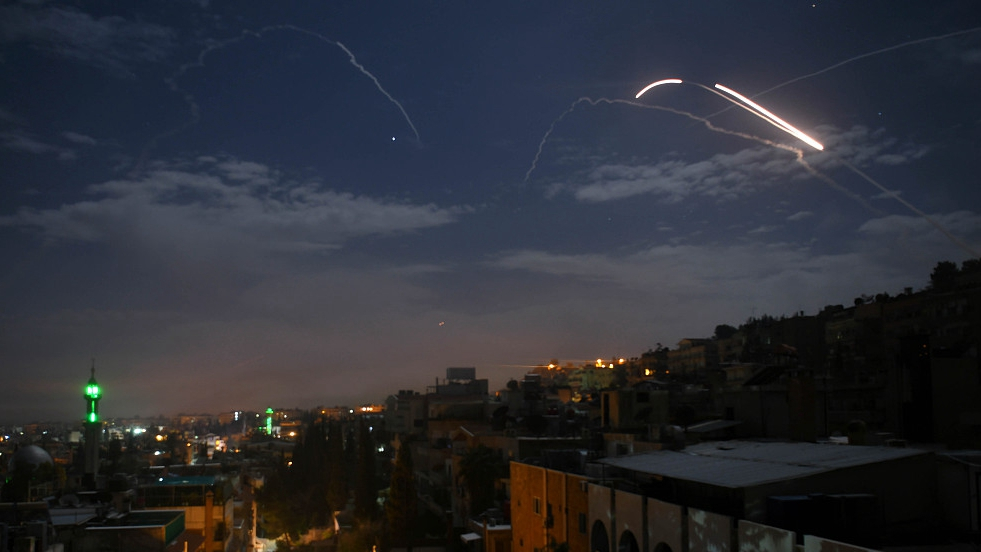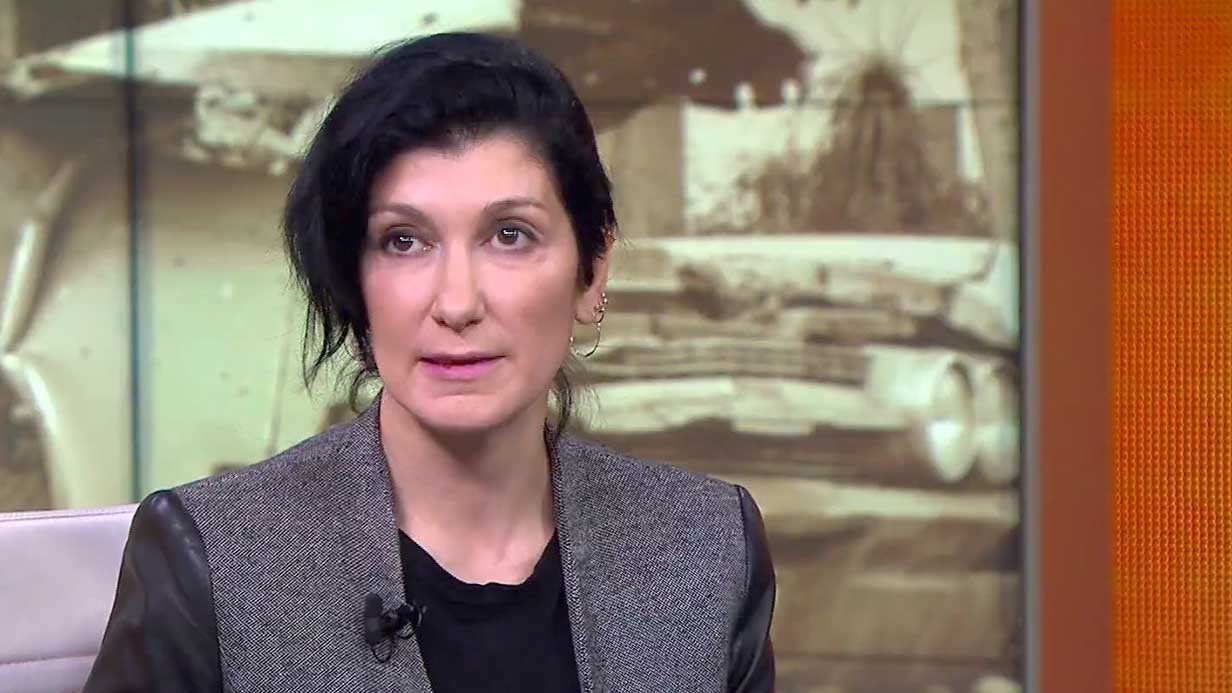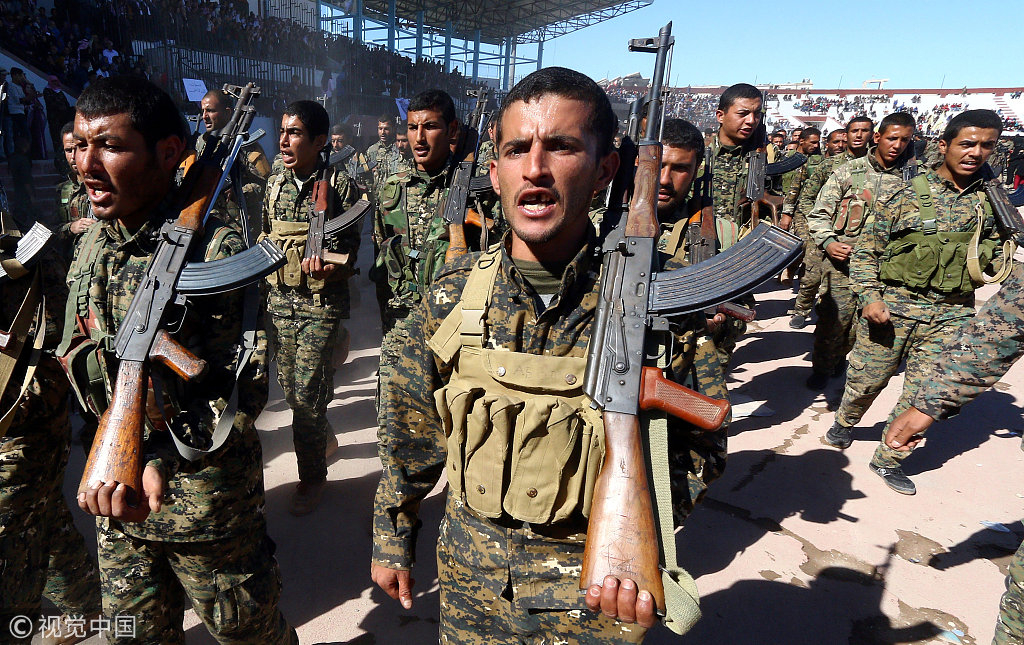
TV Show
20:55, 30-Jan-2019
Tensions in the Middle East
Updated
21:58, 30-Jan-2019
The Heat

On January 21, Israel launched an airstrike on Iranian positions near Damascus, the Syrian capital, killing 21 people – 12 of them, members of Iran's Revolutionary Guard Corps. The Israel Defense Forces released a video of the attack, which was quickly claimed by Tel Aviv, unlike previous bombardments.
Tension soon escalated after the attack. Both countries vowed to escalate the conflict if peace is not found, while Russian President Vladimir Putin hosted his Turkish counterpart, Recep Tayyip Erdogan, to discuss ways to stabilize Syria.
Will a war break out in the region between Iran and Israel? The odds are low. Dorothy Parvaz, a global politics reporter with ThinkProgress, believes the danger lies behind the miscommunication between Iran and Israel, but neither country is in a mood to launch a war.
01:19

From the Israeli perspective, a full-blown conflict is in no one's interest. Shlomo Brom, the senior research associate at the Institute for National Security Studies, indicates that the Israeli bombardment reflects its opposition to Iran's military presence in Syria. The long-term goal for Israel is to prevent Iran from building its strategic infrastructure in Syria, which would threaten the security of Israel.
Kamal Alam, the visiting fellow at the Royal United Services Institute, acknowledges Israel cannot afford to let the Iranians pose a similar kind of threat on the north. He is more cautious about whether Iran will retreat in Syria.
However, it does not mean that Israel will face a worsening security situation. When it comes to the restoration of Syrian military power and defense, Russia plays a significant role. The influence of Iran on Syria is over-exaggerated at the moment. In Syria, every party has their own agenda, and the legitimate Syrian government invited Iran, so it is unlikely that Iran will quit the area.
The tension between Israel and Iran was seen in their political discourse — threats to wipe the other party out being expressed by both countries' leaders, but this has been the narrative for a long time.
Dorothy states that Iran never officially recognized the legitimacy of the Israeli government and that the conflict between Iran and Israel has long taken place as protracted conflicts, and the harsh words against each other are not something that is uncommon based on their political stance.

Syrian Democratic Forces (SDF) celebrate the first anniversary of Raqqa province liberation from ISIS, in Raqqa, Syria October 27, 2018. /VCG Photo
Syrian Democratic Forces (SDF) celebrate the first anniversary of Raqqa province liberation from ISIS, in Raqqa, Syria October 27, 2018. /VCG Photo
Russia's existence is a buffer between Israel and Iran as the country is dedicated to maintaining the status quo of the region. Yet its influence over Syrian domestic issues should not be exaggerated, as the Syrian government still holds the legitimacy in its country. Russia has a more significant impact on the international level. Kamal points out that Syria recognizes and thanks Russia for maintaining the political existence of the government.
(Cover photo: Syrian air defense batteries respond to what the Syrian state media said were Israeli missiles targeting Damascus, January 21, 2019. /VCG Photo)
The Heat with Anand Naidoo is a 30-minute political talk show on CGTN. It airs weekdays at 7:00 a.m. BJT and 6:00 p.m. Eastern in the United States.
(If you want to contribute and have specific expertise, please contact us at opinions@cgtn.com)

SITEMAP
Copyright © 2018 CGTN. Beijing ICP prepared NO.16065310-3
Copyright © 2018 CGTN. Beijing ICP prepared NO.16065310-3